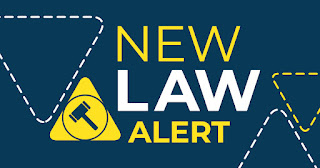On March 9, 2020, Executive Order 202.6 mandated non-essential businesses to reduce their in-person workforce by 50% and later, by 100%. Today, the Empire State Development (ESD) issued guidance on Executive Order 202.6 to further determine which businesses are considered essential.
What does the ESD Guidance mean for real estate professionals?
What does the ESD Guidance mean for real estate professionals?
Lawyers are permitted to continue to perform all work necessary, as long as it is performed remotely. Any in-person work must be only for supporting essential businesses or services, with the caveat that such work should still be conducted as remotely as possible.
Real estate services, including but not limited to, title searches, appraisals, permitting, inspections, recording, legal, financial and other services necessary to complete the transfer of real property shall be conducted remotely for ALL transactions.
With ESD’s Guidance, along with Executive Order 202.10 and 202.14 which authorized remote notarization and electronic witnessing for deeds (which we blogged about HERE and HERE), real estate professionals can get back to work and close some deals.
- In-person services may be conducted only to the extent legally necessary and in accordance with appropriate social distancing and cleaning/disinfecting protocols.
- Brokerage and branch offices may be opened only to clients.












